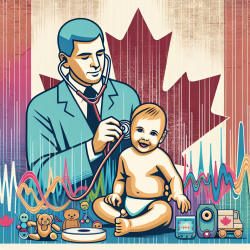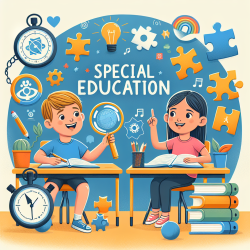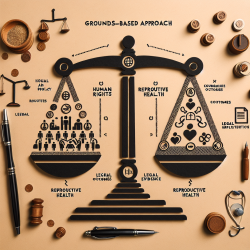For over three decades, Canada has been at the forefront of advocating for and implementing newborn hearing screening programs. The historical journey, marked by a series of conferences, task forces, and research initiatives, has not only shaped the country's approach to auditory health in children but also offers invaluable lessons for practitioners worldwide. This blog delves into the evolution of newborn hearing screening in Canada, highlighting key milestones and takeaways that can aid practitioners in improving their skills and encouraging further research in this vital area.
The Early Days: Recognizing the Need
In the 1960s, the importance of early identification and management of hearing loss in children began gaining attention. A notable conference in Toronto in 1964 brought together experts from various countries, setting the stage for a long-term focus on auditory health. Despite technological limitations, the conference underscored the potential benefits of neonatal hearing testing and the need for more research to develop effective screening methods.
Advancements in the 1970s and 1980s
The following decades saw significant progress, with the 1970s focusing on refining screening methods and the 1980s heralding the introduction of auditory brainstem response (ABR) as a reliable tool for detecting hearing loss in newborns. These years were characterized by a growing consensus on the need for universal screening, beyond just high-risk infants, and the critical role of early intervention.
Challenges and Recommendations
Despite these advancements, implementing widespread screening programs faced obstacles, including a lack of standardized tools, insufficient audiologists, and inadequate follow-up systems. Recommendations from various task forces and conferences over the years emphasized the importance of addressing these challenges to ensure that children with hearing loss are identified and managed early.
The Present and Future of Newborn Hearing Screening
Recent initiatives in provinces like Ontario and Alberta, along with efforts by Health Canada, reflect a renewed commitment to moving beyond recommendations to actual implementation. The emphasis on comprehensive provincial/territorial health systems that include screening, diagnostic, and intervention services highlights the evolution from isolated programs to more integrated approaches.
Key Takeaways for Practitioners
- Importance of Early Detection: The historical perspective reinforces the critical role of early identification and management of hearing loss in preventing long-term impacts on speech, language, and cognitive development.
- Advancements in Screening Technologies: The development and validation of screening methods, particularly electrophysiological responses like ABR, have significantly improved the ability to detect hearing loss in newborns accurately.
- Need for Comprehensive Programs: Successful screening programs require not just effective testing methods but also comprehensive systems for follow-up, diagnosis, and intervention.
- Collaboration and Education: Engaging a wide range of stakeholders, including healthcare professionals, educators, and parents, is crucial for the success of screening programs. Education on the signs of hearing loss and the importance of early intervention is vital.
- Continued Research and Innovation: Practitioners are encouraged to contribute to ongoing research and innovation in newborn hearing screening to refine existing methods and explore new approaches.
Canada's journey in newborn hearing screening offers valuable lessons for practitioners looking to enhance their skills and contribute to the early detection and management of hearing loss in children. By implementing the outcomes of past research and advocating for continued innovation, practitioners can play a pivotal role in improving auditory health outcomes for future generations.
To delve deeper into the historical perspective and insights from Canada's initiatives in newborn hearing screening, please follow this link: Newborn Hearing Screening: A Canadian Historical Perspective.










